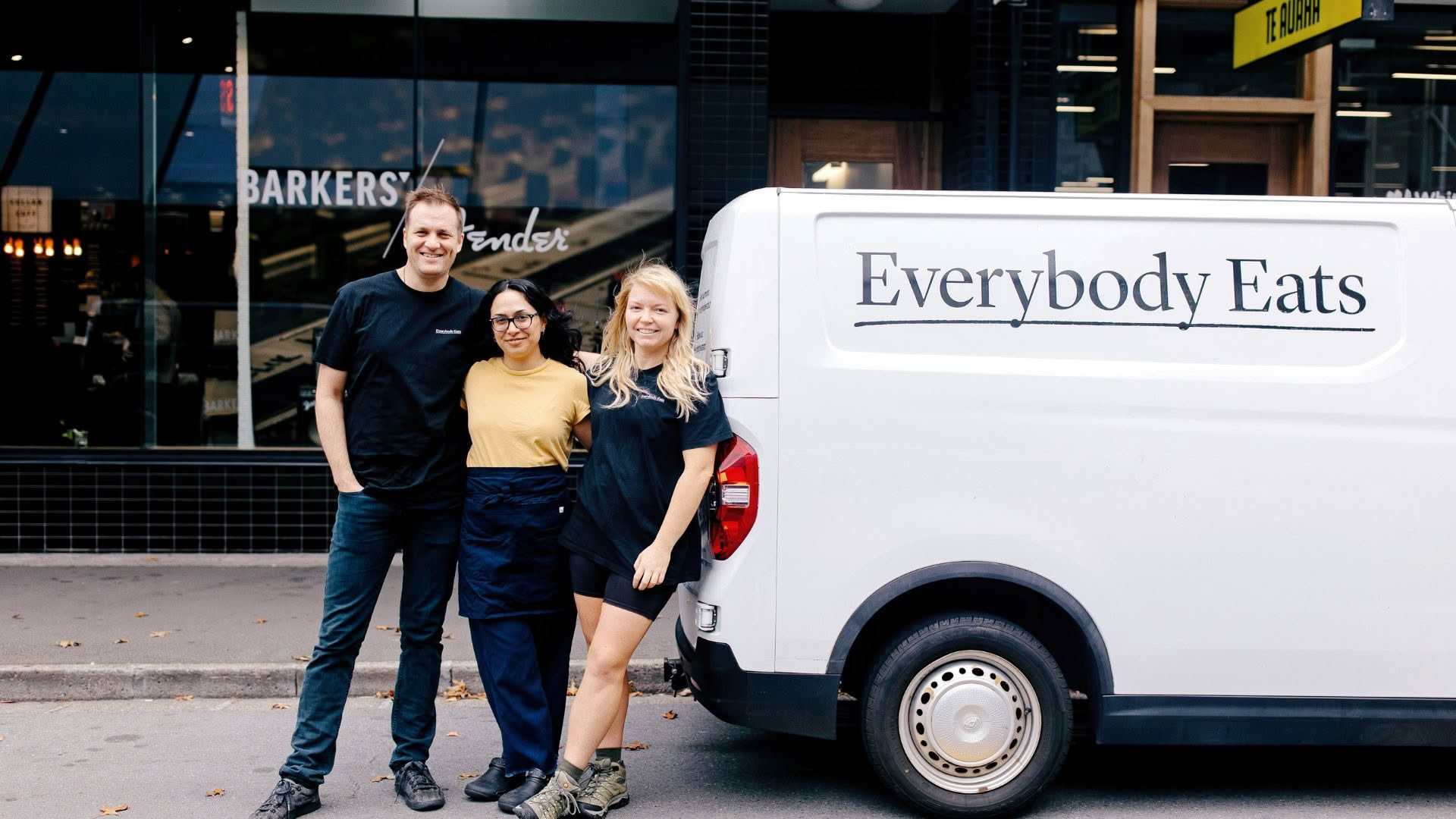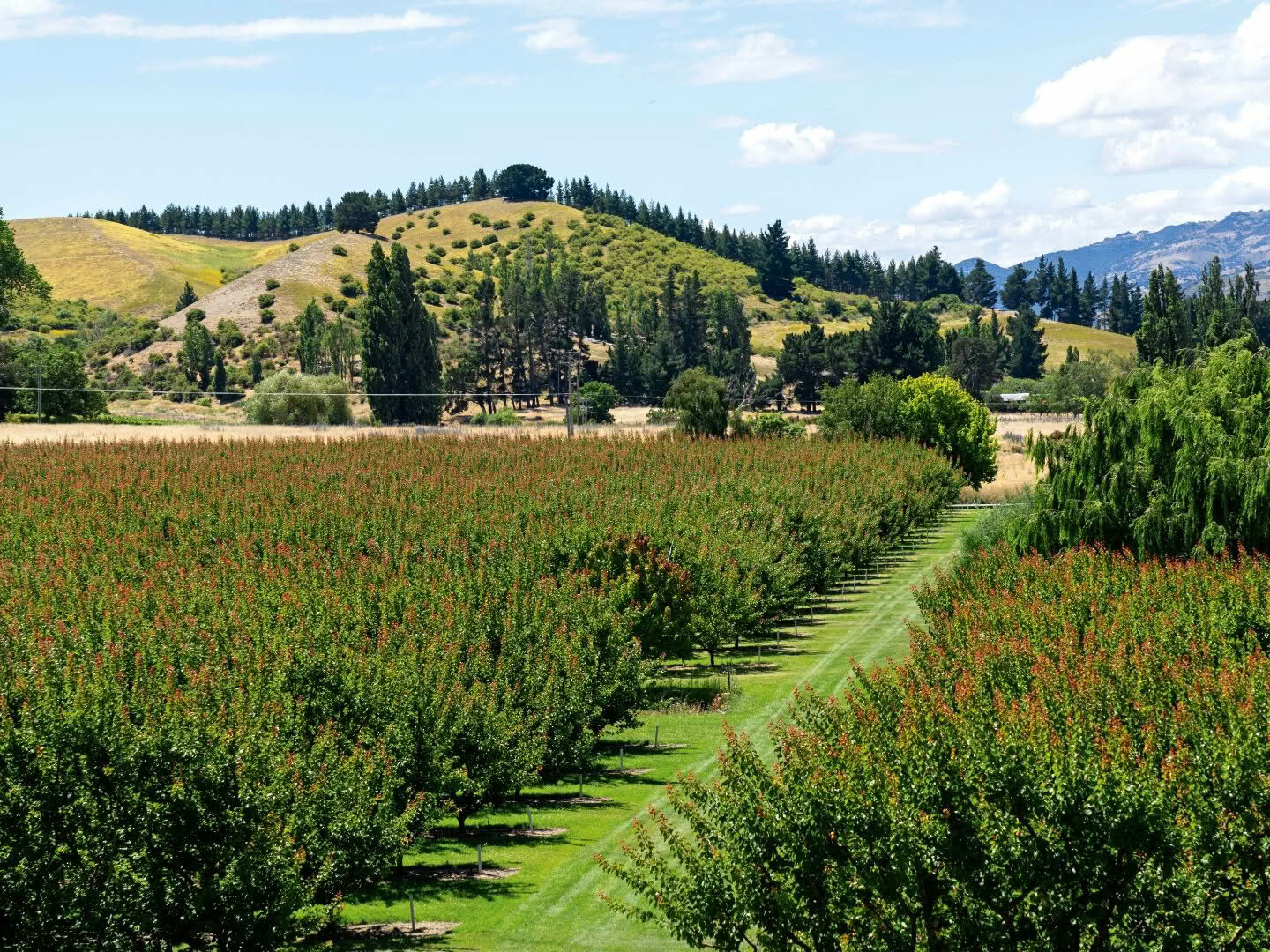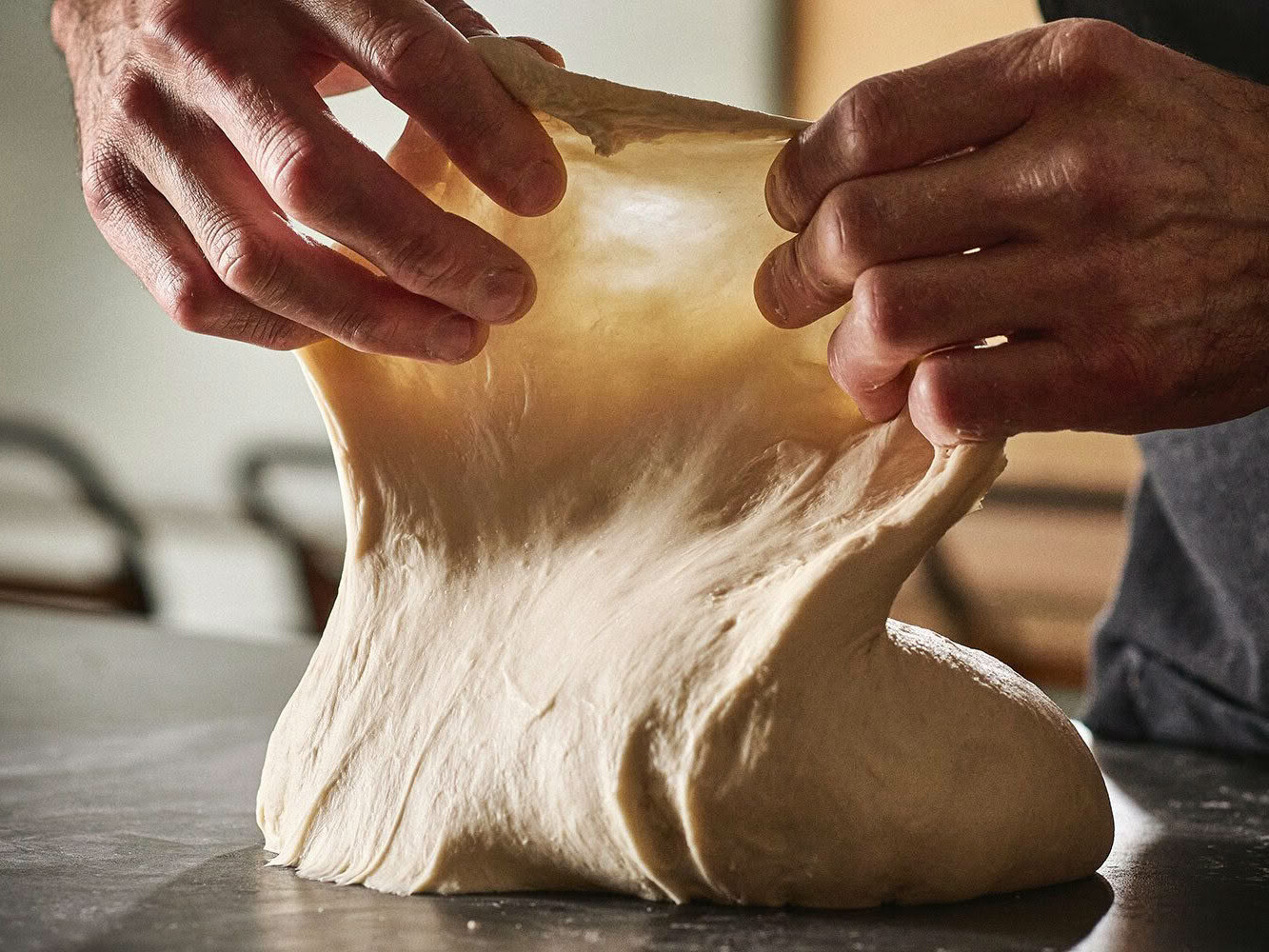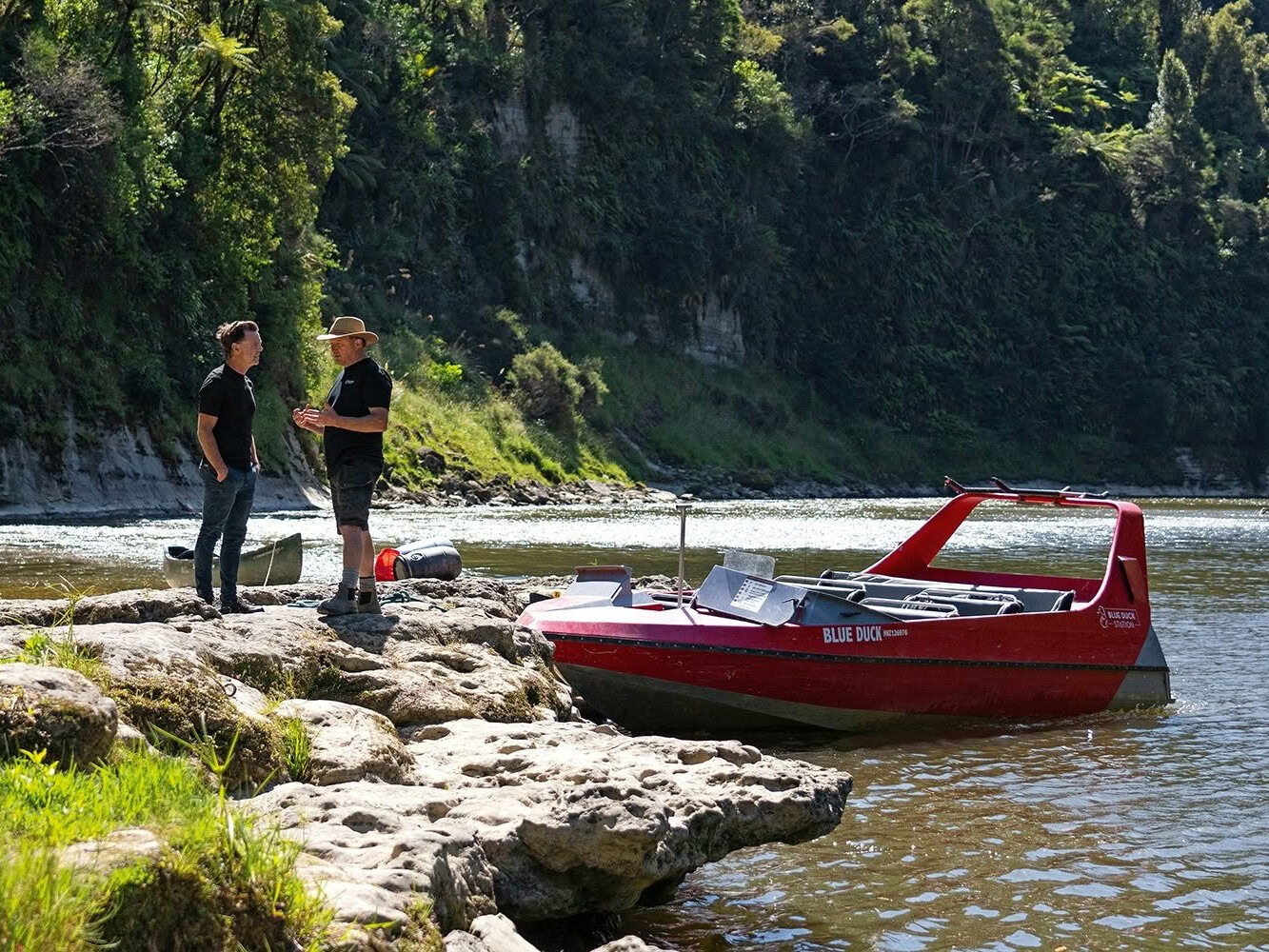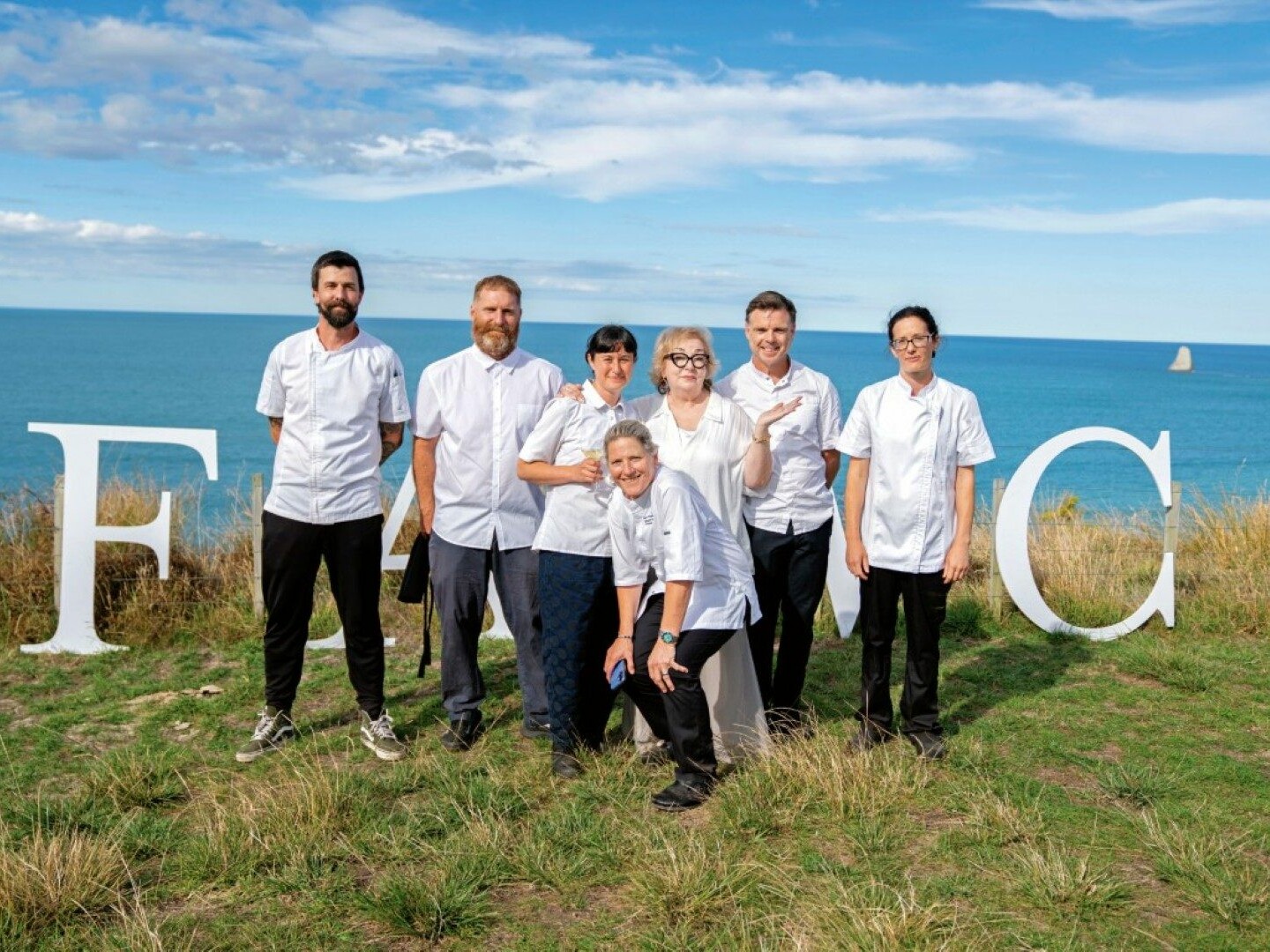What is in your fridge right now? Not all the good stuff for your dinner party on Friday, but in the darker recesses of the vege drawer and in those plastic containers at the back? First up, I reckon half a heart of limp celery, or a bag of carrots that looks like it is beginning to melt. Maybe there is the end of a loaf of bread that is now growing the secrets to an emerging medical emergency.
What about the leftovers from last night’s dinner, or that chicken you probably don’t trust anymore? None of this is personal, and if I was startlingly close you needn’t worry. For the average New Zealand household, fruit, vegetables, bread, leftovers and poultry make up 95% of wasted food.
In these isolated terms, this may seem insignificant, until you remember you are just one in four million adult New Zealanders. Last year we collectively wasted $3.2 billion worth of food – 122,547 tonnes of it – with every household throwing away $1326 worth of perfectly good produce on average. With 72% of Kiwis citing the rising cost of living as their top concern, now might be the time to start doing something about it.
Yet, despite these stats, food insecurity is increasing at a staggering rate. Food insecurity is best understood as not having access to enough safe and nutritious food for normal growth and development. In New Zealand, the number of people experiencing food insecurity has risen from 10% to 16.4% in eight years – nearly three times the UK rate. The simple fact is that we are producing more than enough food but it is not getting to the right places. A gap is widening in our society and the most vulnerable are losing their access to basic nutrition. It is like sitting in a room filled with air, but somehow people are suffocating.
Food insecurity and wastage are not environmental phenomena – they are neither a hurricane, nor an earthquake – they are predictable, measurable and solvable. And one group of people doing what they can to fix this is the charity Everybody Eats. Started in Auckland in 2017, Everybody Eats rescues food that would otherwise be destined for the scrapheap and turns it into restaurant-quality meals. It relies almost entirely on volunteers to run three sites in Auckland and Wellington and feeds hundreds daily, each guest paying what they can afford that day. Those that can pay a little bit more do so, ensuring everyone can have a seat at the table.
To find out more, on a crisp winter morning in Wellington I find myself standing on a street corner waiting to be picked up by the ever-smiling Lauren Dinnage. She is one of four full-time members of the Wellington outpost of Everybody Eats, and today we are going to spend the day rescuing food and turning it into three-course meals for the community.
Just after 8am, a fully electric branded van – donated by Meridian Energy – rolls silently up and Lauren waves me in. With a full day ahead of us, we make our way into the centre of the city to Havana Coffee. In the beautiful vaulted roastery at the top of Cuba Street, we meet the team who donate a kilo of freshly roasted premium coffee to Everybody Eats each week. A full day of kitchen prep and service requires the volunteers to be fuelled properly, and Havana is more than happy to provide.
With our first donation safely in the back of the van, we make the short hop over to Egmont Street and to the newly opened Völco bakery. After some world-class parking down one of the narrowest alleyways I have ever seen, Lauren and I head to the kitchen to see what they have to donate.
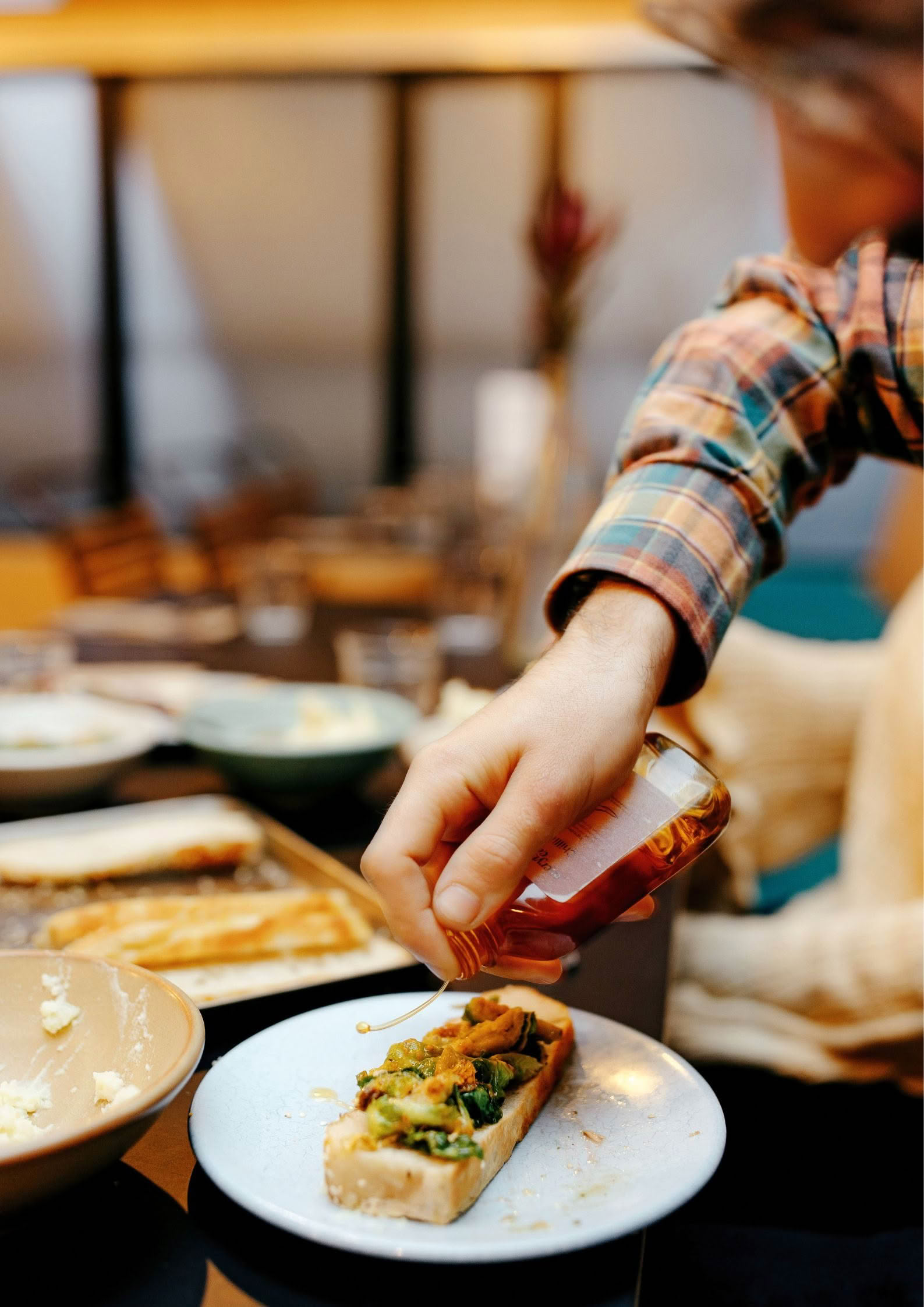
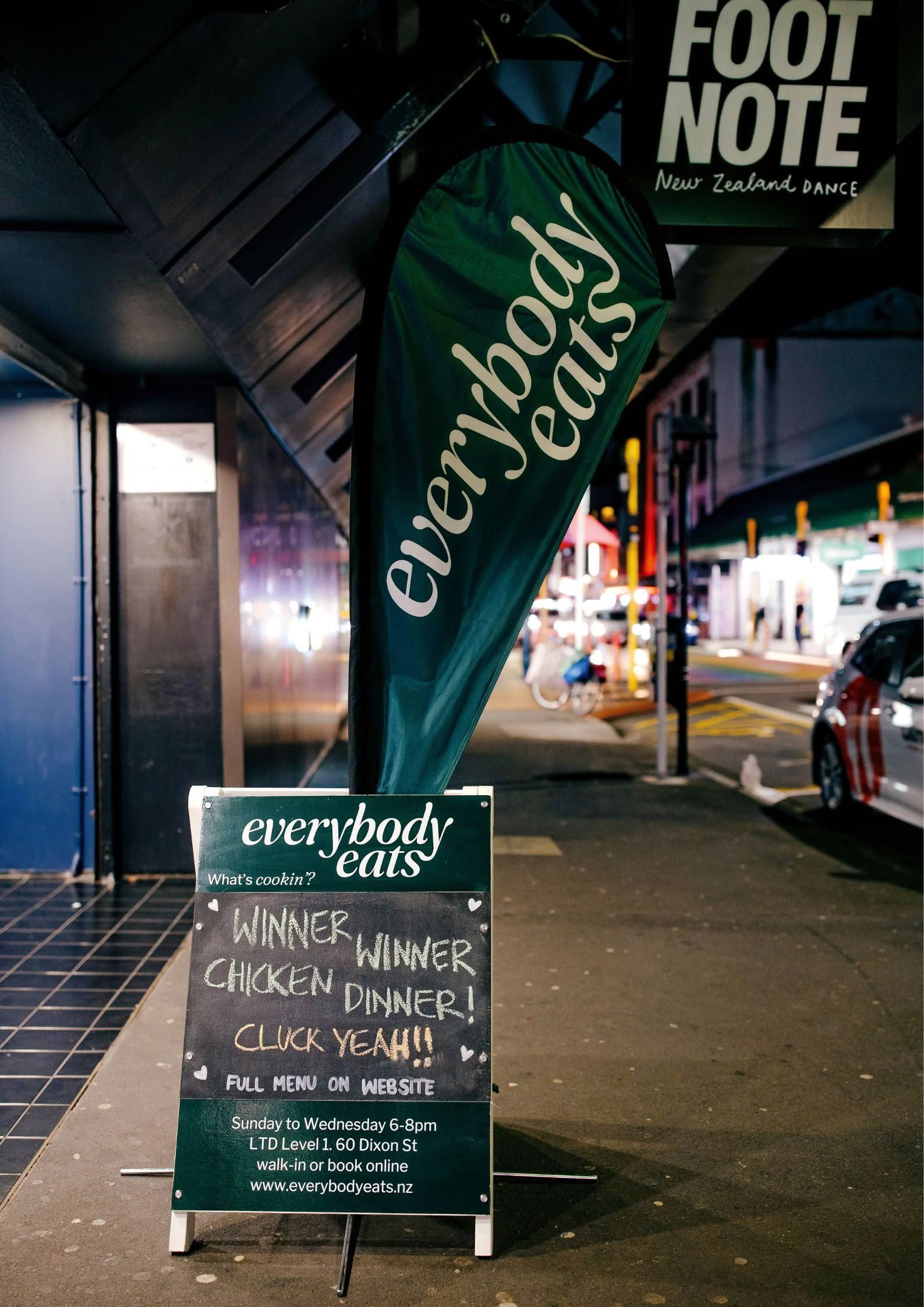
We are not disappointed by a haul of four boxes piled high with focaccia, burger buns and pastries. It would be no exaggeration to guess that this haul has an estimated street value of over $400, and this is no one-off. But this does raise the obvious question: why not cut back? The head chef talks of needing to bake at capacity to avoid running out, and although it leads to surplus, the economic margins still make this model viable. Plus, supplying Everybody Eats nearly full-time with bread for free is a welcome trade-off. They are by no means alone in this kind of thinking. Major supermarkets rely on full shelves so customers can get what they want any time. In the past, the bread aisles would be empty by the evening, but now they are full to bursting minutes before closing. Surely this is an unsustainable system.
Next we make our way over to Kiwi Community Assistance, a vital part of the Wellington food rescue network. Founded in 2012, it collects donations from different organisations and redistributes these to charitable groups across the city. We pull up to a warehouse in an anonymous trading estate, ring a buzzer and wait. A man emerges in high-vis, pushing a trolley piled up to eye level with boxes of frozen meat: wagyu sausages and steak, free-range chickens and freedom-farmed pork – not the usual ‘rescued’ fare I expected.
It is the same story as we continue through the suburbs and on to New World supermarket in Newlands. It is now our turn to don the high-vis tabards and make our way through the labyrinthine warehouse, past the shelves stacked to the ceiling and further still past the bins overflowing with bread and cakes that we were not in time to save. Today, we have a big frozen box of miscellaneous ice creams, chips and bits of party food.
Our last leg of the day takes us up and past the pristine harbour, on to Petone and Kaibosh Food Rescue. Founded in 2008, the work Kaibosh has been doing for the past 17 years has been both pioneering and vital. At its core it rescues and redistributes food, but it was also responsible for groundbreaking legislation that makes everything we are doing today possible. Before the Food Act (2014), companies were worried about potential repercussions if someone became ill from donated foods. Now, they are protected from civil and criminal liability. We picked up two boxes of duck, a massive tub of mānuka honey (donated after a company went under), and a case of tinned mandarins that had been shaken to a pulp in transportation so were no good for sale.
It was then back to home base on Dixon Street where head chef Alicia Mendez, restaurant manager Jack Rainey and admin and communications officer Erin Walsh are sitting at one of the large communal tables. We lug our haul up the stairs and lay it all out in the pristine, professional working kitchen. But not before we get a pot of that Havana Coffee on the go.
By noon, the day’s volunteers begin arriving and within minutes, seven of us have somehow transformed into a professional brigade. A lady that has just founded her own animation studio and has popped over on her lunch break is shredding lamb, the guy currently out of work but looking to get skilled up is seasoning chopped apples with cinnamon and sugar, and the rest of us are chopping and blitzing various things for chef to use later on in the day. All this while Alicia flits between tables, giving tips and explaining what we are doing. Everyone here is equal, learning and growing together, but it’s Alicia’s wizardry that takes the random boxes of produce and turns them into zero-waste meals, creating a brand-new menu every single day without repeats.
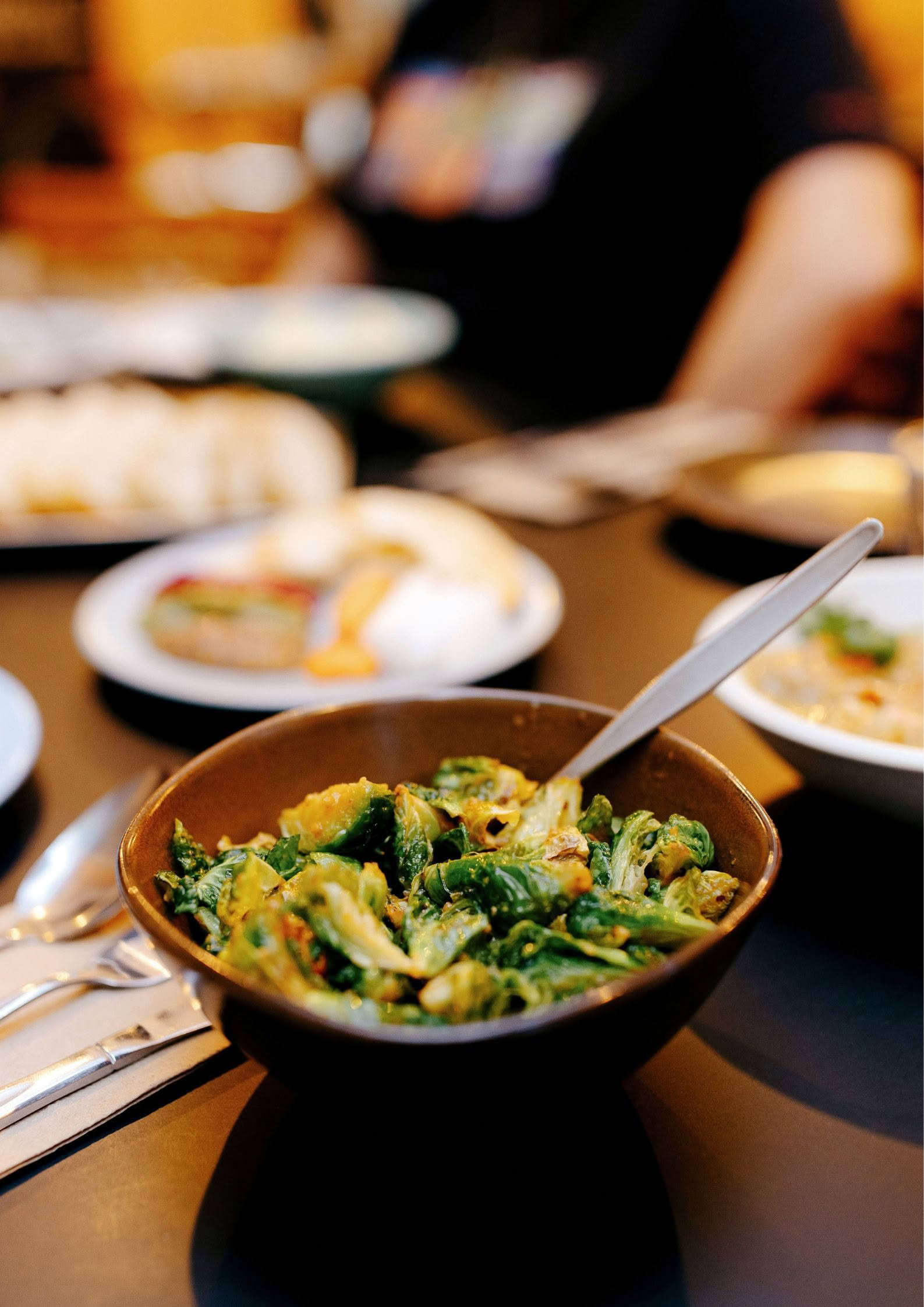
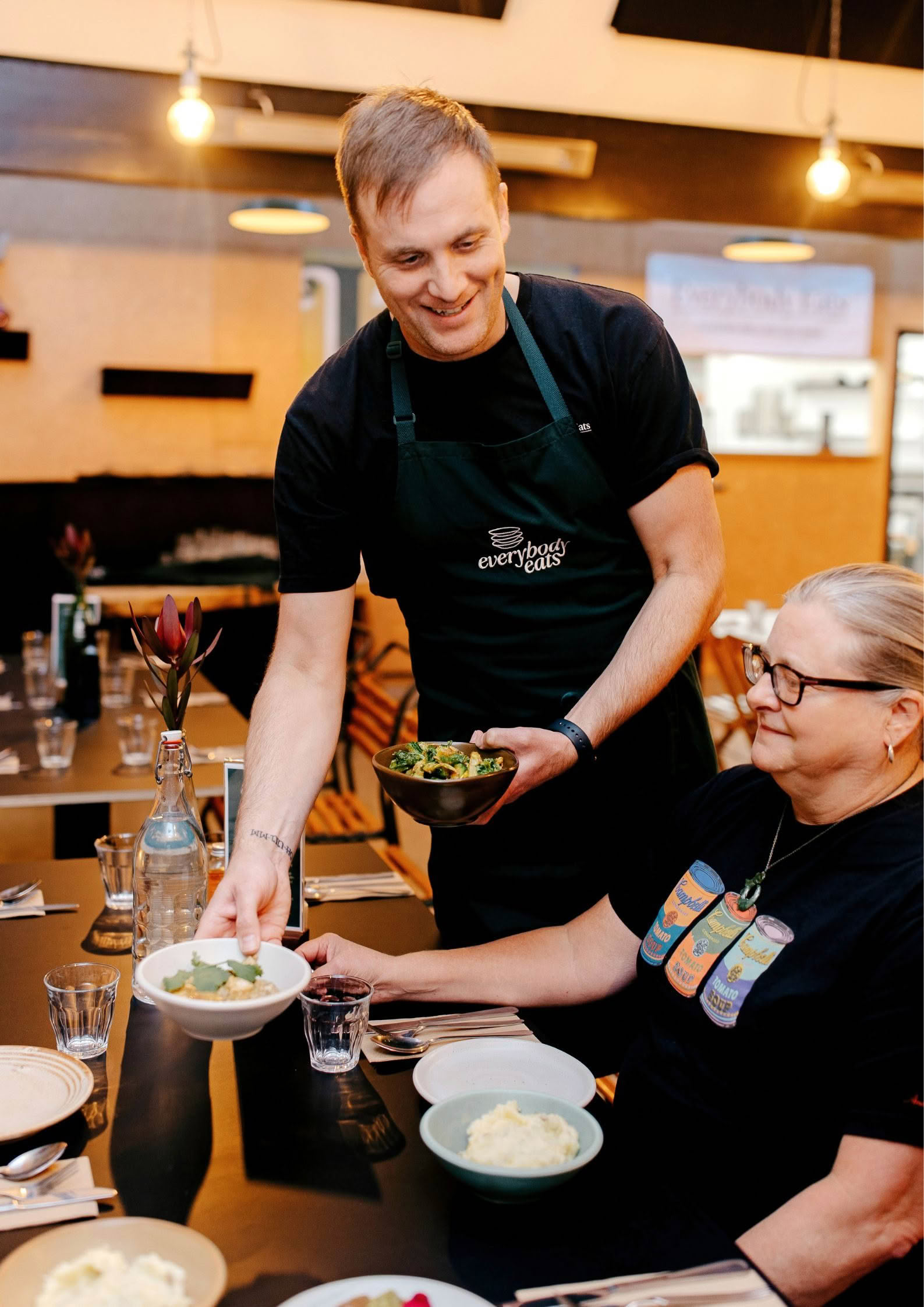
At 5.30pm, the remaining 16 volunteers fill the space, each tasked with a specific role. One person is responsible for the entrée: a salad of crisp fried potatoes and broccoli, tossed in garlic and yuzu dressing. It has a depth and earthy quality from potatoes and broccoli, then heat in that way garlic can add when treated properly, all before being lifted by the hit of yuzu. Over on the main courses, there is a second-year English student and a Texan working on a pulled lamb korma served with freshly grilled roti and finished with fried curry leaves and minted yoghurt. The curry has been built over the course of four days from the broths and sauces from other dishes, exemplifying the zero-waste approach. On desserts, we have a couple of friends tasked with constructing the cinnamon-roasted apple, served with a five-spice rice pudding and oat crumb. Hardly the menu one would expect at a charity restaurant. I’m on the pass, calling out orders to the team. There is time to chat and laugh, but it is all underpinned by a real sense of purpose and professionalism; all of us getting to play restaurant while doing something that makes a real difference.
Across the course of these hours, more than 150 people are fed at long, shared tables. All of them side by side, sharing stories as well as a meal.
Restaurant manager Jack is clear on two points. Firstly, that whanaungatanga is fundamental and that this is a shared dining room in which every single person is treated the same. Secondly, while the previous idea is important, the focus is not on social welfare. He is clear that this is hospitality. Everybody Eats is another restaurant in Wellington to choose from on your night out. There is full table service and a three-course meal. The magic is that everyone will just pay what they can. Even if that is nothing.
As the evening comes to a close and we all share our staff meal together, I look at the logo high up on the wall. Everybody Eats has three core values that dictate everything it does: manaakitanga, kaitiakitanga and whanaungatanga. Three values that are writ clear in every single thing I have seen today. Kaitiakitanga is to care for our environment and to enact meaningful stewardship. It is to understand that everything grown and provided to us by the land is to be respected. To show manaakitanga is to be generous, show care and offer hospitality; volunteers work side by side to offer meaning to the lives of those both helping and receiving sustenance. Whanaungatanga is felt in the overwhelming sense of family that is seen in the kitchen and in the dining room. All of this is intrinsically woven into the mission to reduce food waste and food insecurity in Aotearoa today.
What is most beautiful about the whole organisation is that you need no prior skills or experience to get involved, just enthusiasm and a willingness to learn. There is also no time commitment, you can go and help out as much or as little as you like. Head over to the volunteer page on the website and put your name down to either help out in the kitchen or front of house. No excuse not to! everybodyeats.nz
SEE MORE FROM CUISINE
Flight of The Blue Duck
Dreams and determination have created a unique dining experience on a…
A magnificient table & A story of place
The world's newest Great Wine Capital takes the long-table lunch to…

